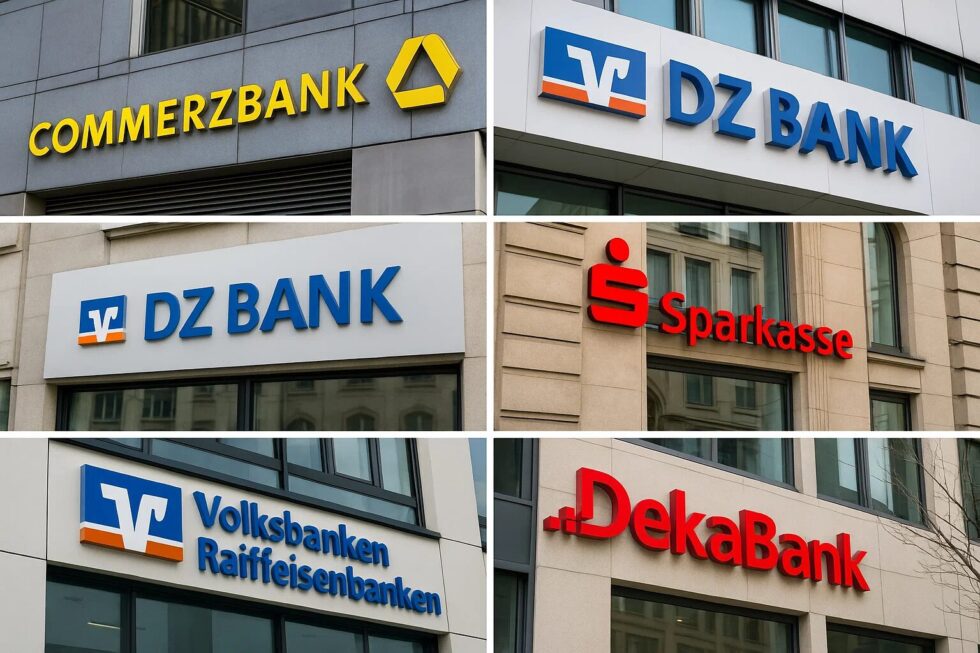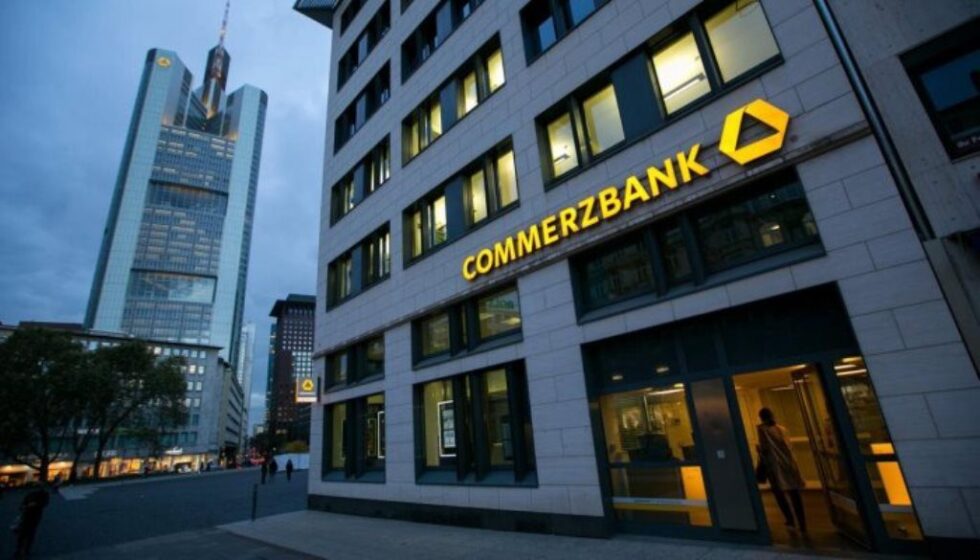Which German banks already support cryptocurrency transactions directly on client accounts

Cryptocurrency transactions in Germany 2025 are no longer the domain of niche fintech start-ups alone. Several major German banks now enable clients to buy, sell, and hold cryptocurrencies directly within their regular bank accounts, without needing to transfer funds to external exchanges. This shift reflects both regulatory clarity from BaFin and rising customer demand for integrated crypto services. While not all institutions have implemented full crypto wallets, the list of those offering direct transactions through online banking is steadily growing. Services range from basic Bitcoin purchases to complex multi-asset portfolios, with fees and limits varying widely. This development is reshaping the traditional banking landscape in Germany and attracting both retail and institutional clients. As of mid-2025, multiple established banks have officially joined the crypto market, offering secure and regulated access to digital assets — as reported by G.business.
Regulatory framework for crypto transactions in German banks
Germany’s financial regulator BaFin has been instrumental in allowing banks to integrate cryptocurrency services directly. Since January 2020, licensed banks have been permitted to offer digital asset custody and trading, provided they meet stringent compliance and anti-money laundering (AML) requirements. This framework has encouraged traditional institutions to explore crypto services, especially as client interest surged in 2024 following Bitcoin’s peak and the adoption of the EU’s Markets in Crypto-Assets Regulation (MiCA).
For clients, this means that buying Bitcoin or Ethereum through a bank like Commerzbank or Volksbank is as simple as executing a foreign exchange transaction. However, not all banks offer the same level of integration: some only allow purchases through partner platforms, while others maintain in-house crypto custody systems. The choice often depends on the bank’s risk appetite, infrastructure readiness, and client base.
Major German banks currently offering direct crypto services
By 2025, several well-known banks have publicly confirmed that they support crypto transactions directly via client accounts. These include both large retail banks and regional cooperatives. While some focus on mainstream coins like Bitcoin (BTC) and Ethereum (ETH), others have expanded into stablecoins and tokenized securities.

Examples include:
- Commerzbank – Offers crypto custody and direct purchases via its digital banking platform.
- DZ Bank – Provides institutional and retail access to cryptocurrencies with integrated custody.
- Sparkasse Group (pilot projects) – Several regional Sparkassen allow direct crypto trading for account holders.
- Volksbanken Raiffeisenbanken – Partnership with fintech providers for in-app crypto transactions.
- DekaBank – Specializes in tokenized investment products and secure custody for retail and institutional clients.
Comparison of fees, supported assets, and availability
Before choosing a bank for crypto transactions, customers should review fees, supported assets, and service availability. Costs can vary significantly — some banks charge a flat transaction fee, while others take a percentage of the trade volume. The table below summarizes the most recent offerings as of mid-2025.
| Bank / Institution | Supported Assets | Trading Fees | Availability |
|---|---|---|---|
| Commerzbank | BTC, ETH, USDC | 1.0% per trade | Nationwide |
| DZ Bank | BTC, ETH, multiple alts | 0.85% per trade | Nationwide |
| Sparkasse (selected) | BTC, ETH | 0.9–1.2% per trade | Regional (pilot branches) |
| Volksbanken Raiffeisenbanken | BTC, ETH, ADA | 0.95% per trade | Selected regions |
| DekaBank | Tokenized assets, BTC | Varies by product | Nationwide |
How to start using crypto services at your German bank
Opening crypto access at a German bank is usually a straightforward process. Most institutions require clients to:
- Have a standard current account.
- Complete an updated Know Your Customer (KYC) verification.
- Agree to the bank’s digital assets terms and conditions.
- Activate the crypto trading module in online banking or the mobile app.
Once activated, clients can initiate trades directly from their account dashboard. Settlement is immediate for euro deposits, while crypto withdrawals (if allowed) may take 1–2 business days depending on custody arrangements.
Security measures and customer protection
German banks offering crypto transactions operate under BaFin’s supervision, which requires robust cold storage solutions, insurance coverage for digital assets, and regular audits. Unlike unregulated exchanges, these banks must segregate customer assets from their own operational funds, reducing the risk of loss in case of insolvency. Moreover, banks integrate two-factor authentication (2FA) and transaction verification steps, making unauthorized transfers significantly harder.
However, customers should be aware that crypto investments still carry price volatility risks. While the banking channel is more secure than unregulated platforms, market fluctuations can result in substantial losses.
Outlook for crypto integration in German banking
With MiCA in force and client demand growing, analysts expect that by 2026, more than 60% of German retail banks will offer direct crypto services. This will likely include not only Bitcoin and Ethereum but also euro-denominated stablecoins and tokenized investment products. The competition between banks and fintechs will intensify, pushing institutions to lower fees and improve user experience.
For clients, the main advantage will be having crypto and traditional finance under one secure, regulated roof — a development that could make Germany one of Europe’s leaders in mainstream crypto adoption.
Germany’s banking sector is moving rapidly toward full crypto integration, driven by clear regulations, technological readiness, and consumer demand. For clients, this means more secure, regulated access to digital assets without relying on third-party exchanges. While fees and asset choices vary, the convenience of having crypto directly linked to one’s bank account is undeniable. Over the next few years, competition is expected to lower costs and expand available services, making crypto a standard feature of German banking.
Latest events in politics and global economy at Cryptonews – practical tips on how to act and invest. Read: What is Bitcoin halving and why it affects cryptocurrency prices in Germany in 2025